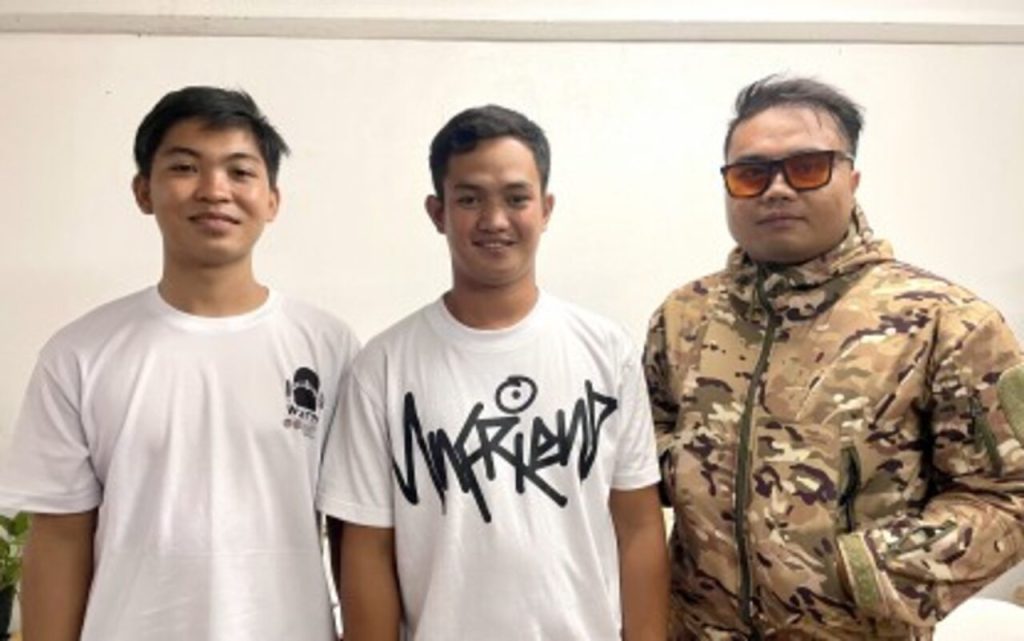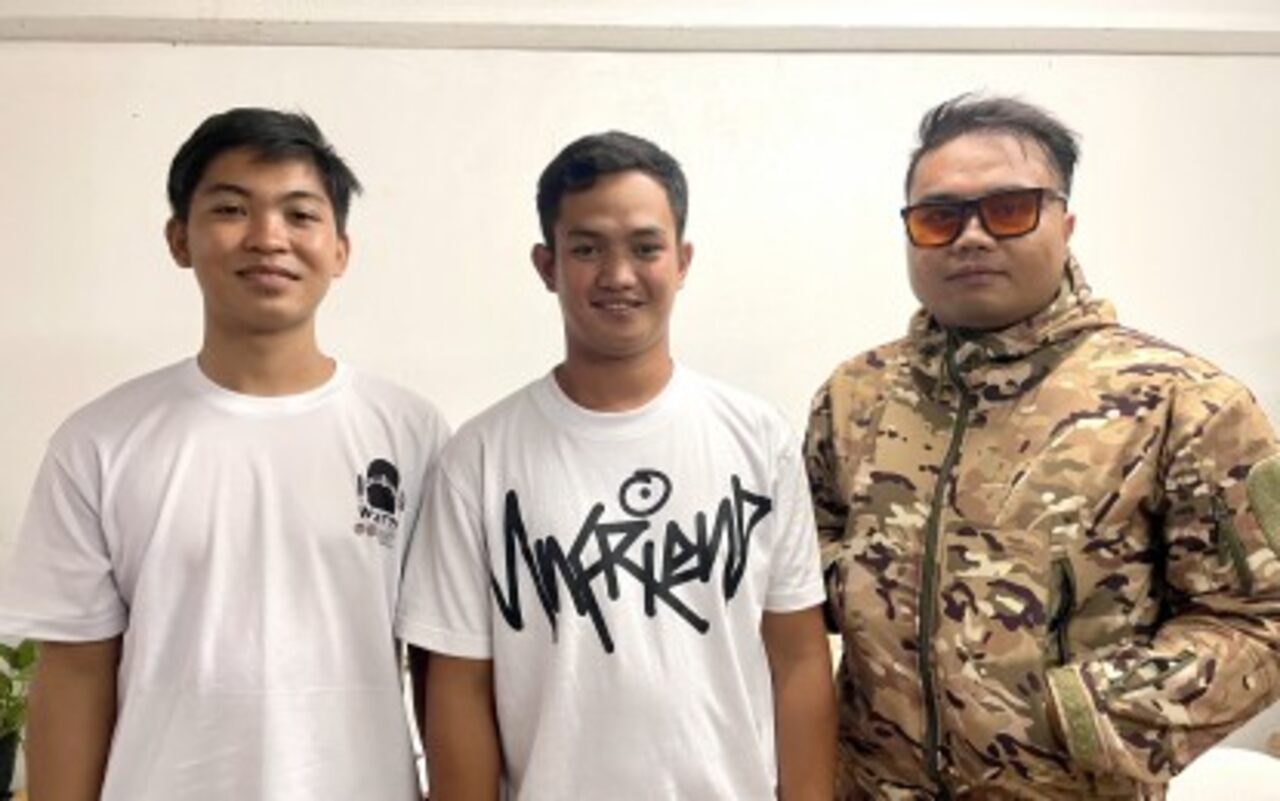Three young farmers from Ilocos Norte are all set to revolutionize local agriculture after returning from an intensive 11-month farm youth exchange program in Taiwan and Japan. Now armed with newly gained insights into modern agricultural techniques, they aim to apply their skills in their own ventures in their home province.
The Department of Agriculture (DA), through the Agricultural Training Institute (ATI), also provided financial support to the tune of PHP 50,000 to each of these farmers, which will help them implement their agribusiness plans and advance their goals in farming.

The International Farm Youth Exchange (IFYE) Program, spearheaded by the DA-ATI, is designed to develop and raise young farmers to become the future leaders and entrepreneurs in the agriculture sector. By sending participants to Taiwan and Japan, the program offers them firsthand experience in cutting-edge farming technologies and sustainable practices. Upon returning, these farmers are expected to contribute to the modernization of agriculture in the Philippines.
New Farming Ventures in Ilocos Norte
Among the young farmers, Ephraim Laureta, 25, plans to venture into cattle fattening in his hometown of Santa Maria. After completing the exchange program in Taiwan, Laureta was inspired to pursue beef production using the knowledge he gained during his immersion. He envisions becoming a key producer of premium beef within five years, adhering to high standards of health and consumer services.
The PHP 50,000 financial grant awarded by the DA-ATI will help Laureta jumpstart his project. With this grant, along with the savings he accumulated from his training in Taiwan, he plans to purchase cattle, build an animal shelter, and grow Napier grass for feeding. “This amount may be small, but it is enough to begin a project that I hope will grow into a sustainable business,” said Laureta.
Applying Japanese Expertise in Cattle Farming
Windell Dela Cruz, 24, who also completed a similar farm youth exchange program in Japan, is also gearing up to enter the livestock industry. His family has been engaged in cattle raising for some time, but after learning from Japan’s advanced agricultural practices, Dela Cruz plans to introduce innovative approaches to make their business more profitable.
One of the key takeaways from his time in Japan was the efficient use of modern technology and equipment with minimal environmental impact. “In Japan, nothing goes to waste. They optimize every resource and apply technologies that make farming a sustainable and profitable venture,” he said. With the PHP 50,000 grant from the DA-ATI, Dela Cruz is poised to bring these practices back to Ilocos Norte to enhance their local cattle-raising industry, particularly focusing on the development of Wagyu and branded beef.
Expanding Premium Rice Production
Meanwhile, Julius Manuel, 21, who also underwent training in Taiwan under the farm youth exchange program, is setting his sights on premium rice production and the cultivation of other high-value crops. Manuel is determined to replicate the farming practices he learned in Taiwan, where rice farmers utilize their own inbred rice varieties, resulting in higher yields.
According to Manuel, Taiwanese farmers achieve an impressive average yield of eight tons per hectare. His goal is to implement these practices in the Philippines and share the technology with other farmers in Ilocos Norte. “I believe that with the training I received and the support from the DA and ATI, we can overcome the challenges in farming and improve productivity,” Manuel said.
Aiming for Agricultural Sustainability
The farm youth exchange program is part of the DA’s ongoing efforts to encourage the younger generation to pursue careers in agriculture. By providing them with international exposure, the program helps young farmers understand the global standards of agriculture and equips them with the skills needed to implement innovative and sustainable farming practices in the Philippines.
In addition to technical training, the financial assistance offered by the DA-ATI serves as a critical starting point for these young farmers. While the grants are modest, they symbolize the government’s commitment to supporting agricultural entrepreneurship among the youth. The hope is that, with further support and collaboration with various government agencies, these young farmers will play a significant role in strengthening the country’s agricultural sector.
Future of Ilocos Norte’s Agriculture
As these young farmers apply their knowledge in cattle fattening, premium rice production, and sustainable farming, they are expected to contribute significantly to Ilocos Norte’s local economy. Their experience abroad, coupled with the support from the DA-ATI, will help them address the challenges of farming, such as fluctuating yields and the unpredictability of the market. With the government’s ongoing initiatives and programs, the future of agriculture in Ilocos Norte looks promising.
Video: DA-ATI Free Agribusiness Trainings
For more information on other free agri-business training with the potential to transform the next generation of young farmers and the Philippine farming industry, watch this video from PinoyWise iTV and learn about them straight from Dr. Rosana P. Mula, Assistant Director of the DA-ATI.
